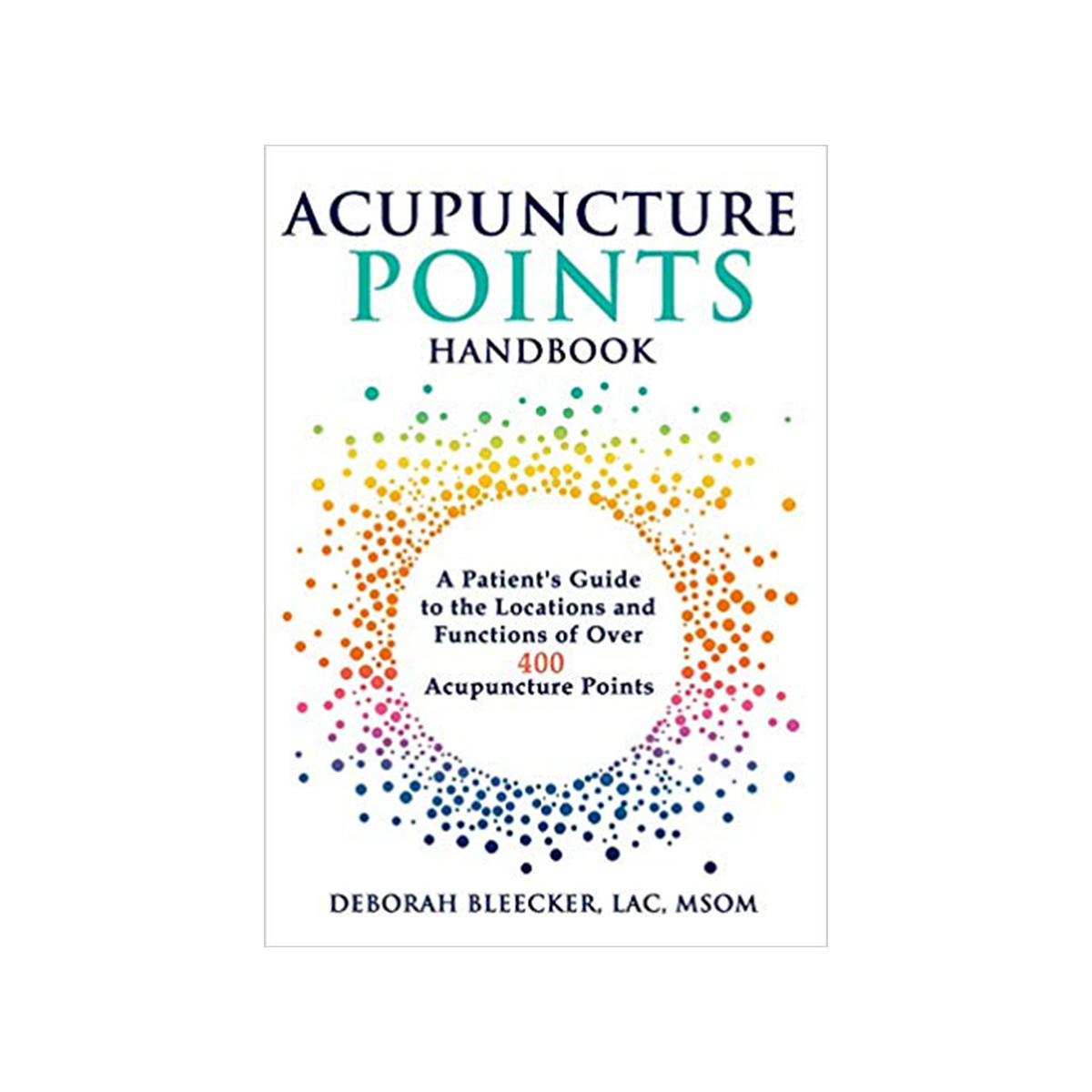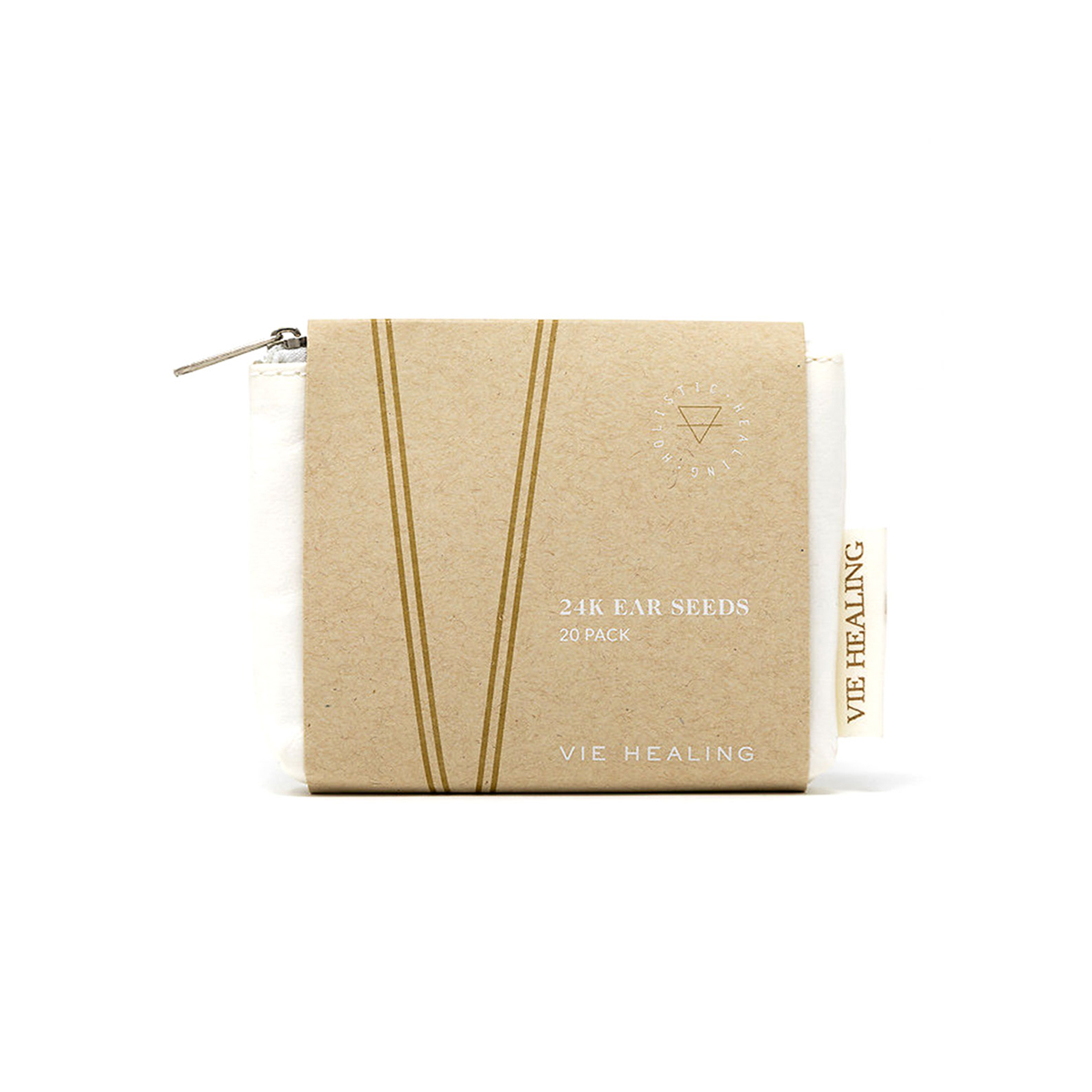Acupuncture for Insomnia—I Tried It and I Have Thoughts
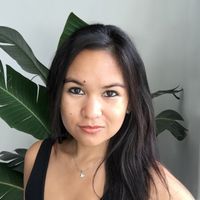
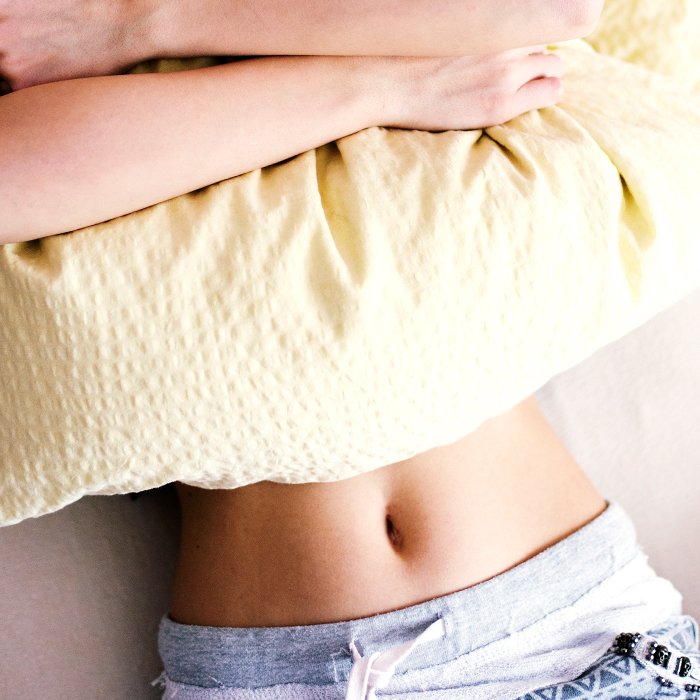
You know that meme that tells you of the three main aspects of life—social outings, school/work, or sleep—you can only pick two? Without hesitation, I always pick having a social life and work over getting enough sleep. I've always been able to meet deadlines and keep up personal relationships while getting minimal or no rest. But as of late, my body isn't able to take such a lifestyle as well as it used to. That's when I started looking into ways to help.
I've now been carving out time for much-needed rest, but I can never fall asleep easily. When I do finally get to sleep, I'll wake up from a dream or even the slightest noise, and then I spend an hour or two trying to get what sleep I have left before I start my day. When I heard that people use acupuncture for insomnia, I wanted to see if it could really help. I booked an appointment with Iris Netzer-Greenfield, founder of Acupuncture Remedies.
What is acupuncture?
Acupuncture is a healing technique from traditional Chinese medicine. It uses needles to stimulate anatomic points, often referred to as acupoints. "It's basically me helping your body do what it is designed to do, which is heal itself," says Netzer-Greenfield. "Acupuncture helps your body get back on track. I use the metaphor of a train track a lot. You have a perfectly moving train that's trying to get to point A from point B, however, the train somehow got off track. My job is to put the train back on track so that it can go where it needs to go."
She explains that when things are blocking the normal flow of our bodily functions, that's when we feel discomfort. Acupuncture aims to not only improve bodily functions and promote its natural self-healing properties, but it also aims to move chi flow. "When things are stuck and not moving as they should, it helps moves things along," she says.
How it works
At Acupuncture Remedies, it's more than just focusing on where to put the needle—it's a holistic overview of your health. "You're treating the person instead of the symptom," she says. "Think of how you water a plant. If you only water the leaves, it's not getting to where it needs to underneath."
She starts every session talking to clients about the problem they want to heal and looking over a lengthy health history form. From there, she's able to pinpoint where to best place the needles, and that's dependent on the person and the problem they're looking to heal. "Your insomnia is going to be stemming from a different problem than someone else's insomnia." She says that from a Chinese medicine point of view, there are many things that can cause insomnia.
The number of sessions needed also vary. She says for acute problems, such as injuries, you might be okay with just doing one to three sessions. If it's a chronic issue, like insomnia, it may require a longer treatment time. She tells me that her best guess for my issue would take up to six sessions to have an educated idea if it's working. "It's a less invasive way to treat a chronic issue," she says, "rather than masking something with medication."
Does it work?
I changed out of my clothes and wrapped a blanket around my body before lying down on the table. When I was ready, she came back in and started placing the needles where she saw fit. She warned me that the most sensitive parts of my body would be my hands, feet, and ears. She talked to me as she poked each needle through so I didn't fidget in anticipation. (I'm not the biggest fan of needles.)
She put two needles in my forehead, two in each arm, one in each hand, one in each foot, and one in each ear. None of them hurt, and I could barely feel most of them. The only needles I felt were the ones at the top of my earlobes, but they were tolerable—it was just a weird sensation. She then left the room, and I let my mind drift off. I didn't fall asleep, but I felt relaxed. After 45 minutes, my time was up and she came back to take the needles out.
Since that appointment a week ago, I've been able to fall asleep faster and easier. She told me that acupuncture doesn't fix or cure people, and that after one session, my insomnia wouldn't be cured, which is evident in the fact that I still wake up in the middle of the night and have trouble getting back to sleep once I do. But I do feel more rested than normal. So, acupuncture, you have a believer in me, and I'm open to seeing if it'll have long-lasting effects.
Next up: Dry Needling vs. Acupuncture: What's the Difference, and Which Is Right for You?
This article is provided for informational purposes only and is not intended to be used in the place of advice of your physician or other medical professionals. You should always consult with your doctor or healthcare provider first with any health-related questions.
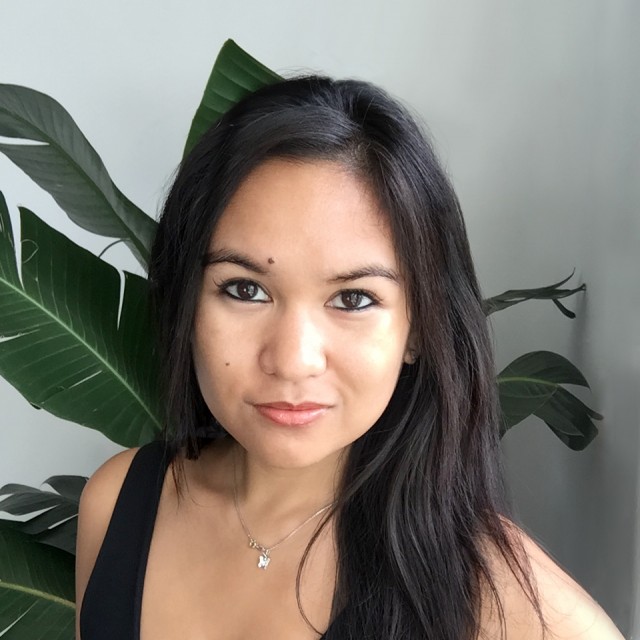
Kate Moss. She's the OG beauty chameleon.
Who are your 5 favorite people to follow on Instagram?@zoeisabellakravitz @bellahadid @emrata @beautifuldestinations @bookofthemonth
What's the beauty essential you can’t live without?Eyeliner. People sadly look at me strangely (or share concern over my well being) when I don't wear it. My go-to is the Marc Jacobs Beauty Highliner Gel Eye Crayon Eyeliner in black.
What's your desert island album?The Weeknd's Starboy.
What's your favorite Byrdie.com story?Game of Thrones Star Nathalie Emmanuel on Fame, Fear, and Her Iconic Hair. It's such a great profile on her and it almost made me want to start watching Game of Thrones.
